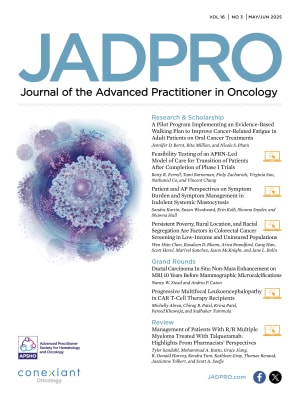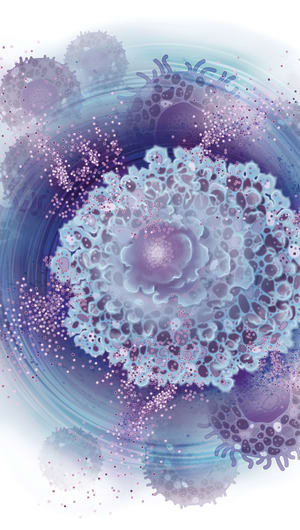Abstract
Purpose: Hematopoietic stem cell transplantation patients undergo rigorous courses of myeloablative chemotherapy that increase vulnerability for infections. Complications can arise in the form of graft-vs.-host disease (GvHD) manifesting in various organs, including the skin, lung, liver, and gastrointestinal (GI) tract. Antibiotic therapy is generally begun in order to prevent further complications from infection but may increase the risk for acute GI GvHD. Studies that investigated antibiotic therapy and the subsequent occurrence of GI GvHD in allogeneic stem cell transplantation (aSCT) patients were reviewed. Methods: PubMed, Scopus, and CINAHL databases were utilized. Articles published between January 1, 2009, and December 15, 2019, were included in this review. A total of 1,142 articles were retrieved. Duplicates, reviews, letters to the editors, irrelevant interventions/outcomes, and non-English articles were excluded. Inclusion criteria included individuals who were undergoing an aSCT and received antibiotic therapy. A total of seven articles were included for this review after applying the inclusion and exclusion criteria. Results: The use of broad-spectrum antibiotics increased the risk of developing GI GvHD. Stool analysis when available showed a decrease in the diversity of the gut microbiome, which in turn led to the increase in acute GvHD. Implications: The increased risk of GvHD may have implications for the standard of care therapy, which includes treatment, for infections during SCTs. Providers will need to weigh the risk vs. benefit of antibiotic therapy and exercise judicious selection of antibiotics prior to engraftment.







